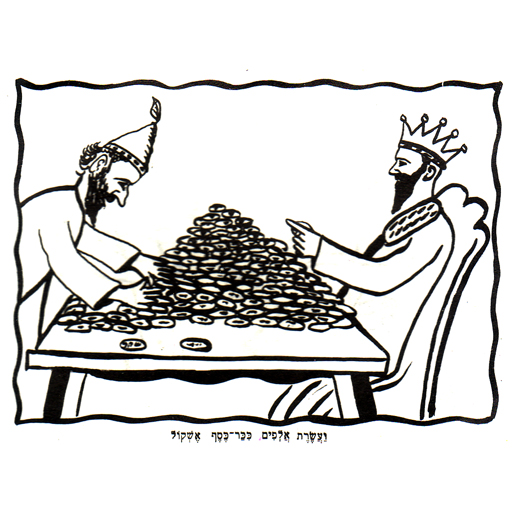parshas zachor: remembering amalek

Parshat Zachor: Remembering Amalek
This week we read
parshat zachor, the second of the four special Torah portions we read
on each of the four Shabbatot leading up to the month of Nissan and
Pesach. Parshat zachor is read to remind us of what Amalek did to the
Jewish people when they left Egypt. As we all know, the nation of
Amalek was the first nation to ever attack Bnei Yisrael. Up to
that point, all the other nations were so in awe of Hashem and what he
had done to the Egyptians that none of them dared think of committing
an act of aggression against Bnei Yisrael. Once Amalek came
along, however, that all changed. Amalek attacked Bnei Yisrael in
a cowardly fashion, not from the front where the warriors were, but
rather from the rear where the women and children were. Although they
did not defeat Bnei Yisrael, they dissipated, somewhat, the other
nations fear and awe of them thus making the idea of attacking them
more feasible. Our rabbis compared this brazen act to a scalding
hot bath that everyone stands around but no one dares enter. One
brave person comes along and jumps in. Although he gets scalded, he
cools the bath off somewhat and thereby encourages the others to enter
as well.
The Torah has given us three mitzvot regarding
Amalek: first, to remember what Amalek has done to us; second, to erase
Amalek’s descendants from this world; and third to not forget what
Amalek has done to us. The Sefer Hachinuch explains that the purpose of
these three mitzvot is really one and the same: namely, to place
in our hearts the idea that any enemy of the Jewish people is hated by
God. He further explains that the downfall of these enemies will be
proportional to the amount of evil and damage that they have
perpetrated. Given this idea, it’s logical to conclude that the nation
of Amalek, which was the first to wage war upon, and do evil to,
Yisrael, should merit total annihilation to the extent that their
memory should be erased. It’s interesting to note that from this
mitzvah of destruction we are able to gauge, somewhat, the closeness of
the relationship that God has with His people. After all, it’s only
because of God’s great love for Bnei Yisrael that he gave us these
mitzvot.
The Gemara relates that while the mitzvah of not
forgetting what Amalek has done to us is essentially a mitzvah that is
performed silently in our hearts and in our minds, the mitzvah of
remembering what Amalek has done to us has to be performed actively
with our mouths through a verbal declaration. The Sefer Hachinuch
explains this Gemara to mean that the purpose of this verbal
declaration is to help a person perform the mitzvah of not forgetting.
It is for this reason that the Torah gave us the positive mitzvah of
reading parashat zachor—so that by doing so we would both actively
remember what Amalek had done and, at the same time, passively fulfill
the mitzvah of not forgetting as well. In addition, the Rambam
explains that part of the mitzvah of remembering is to awaken and
remind the people about their mitzvah of destroying Amalek.
Our rabbis tell us that the total fulfillment of
this mitzvah will not be realized until the coming of Moshiach. At that
time, all enemies will be defeated and the final redemption of the
Jewish people will be at hand. We hope and pray that we will
merit the privilege of witnessing the arrival of that special day, may
Hashem bring it, bimmahayra beyamaynu, speedily in our days.
Rabbi Eliezer Kessler
Houston, Texas
|
